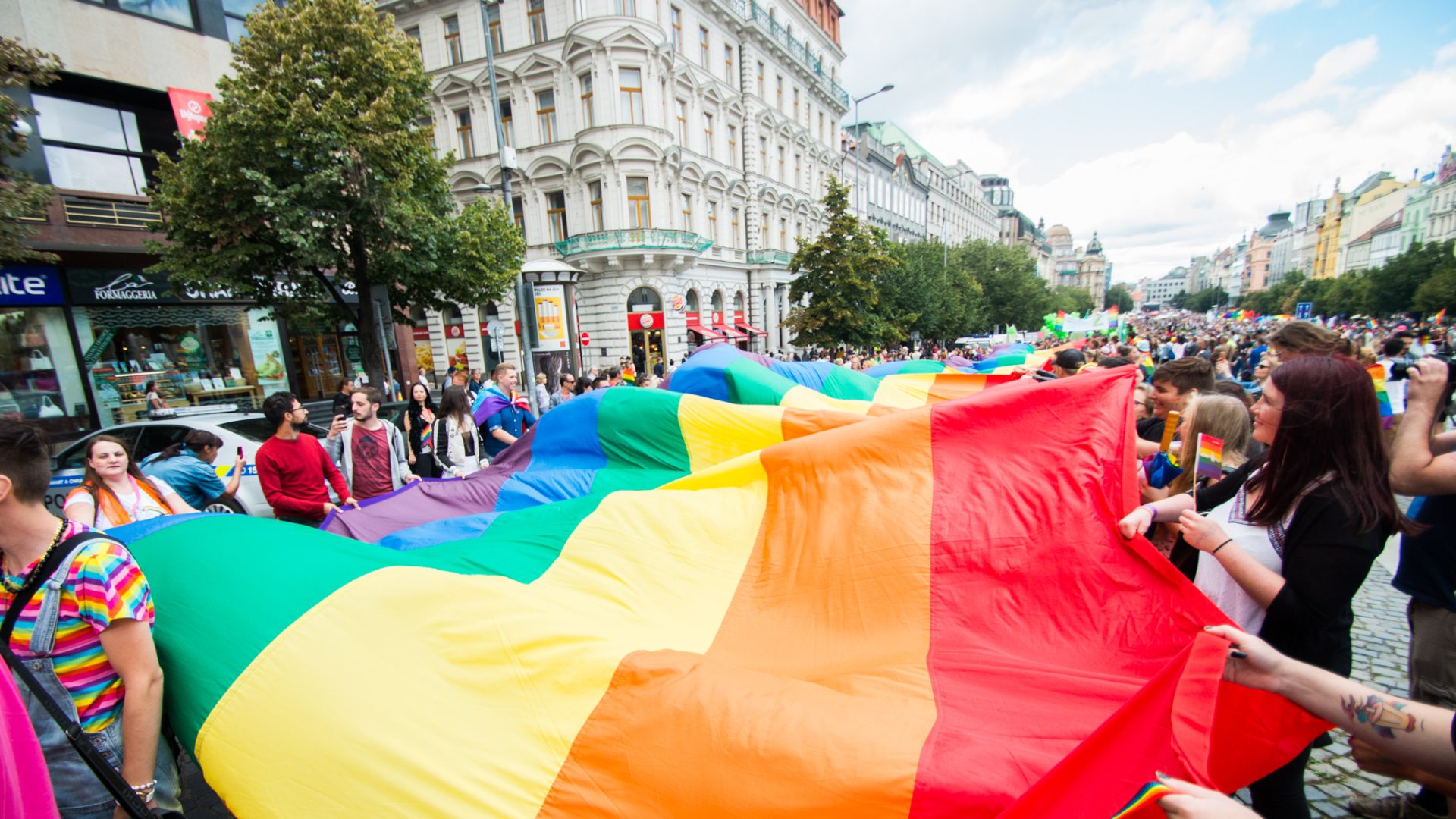Concept for the Prague Pride 2023 Festival Programme

Building on values:
As people who dedicate their free time for minimal remuneration to create the Prague Pride festival, we consider ourselves agents of social change. Our work and beliefs are based on the values of freedom, equality and human dignity. We approach our work openly with respect for human rights to create inclusive environments and promote diversity in the community.
We debate the existence of a patriarchal order and the threat of climate change to the world in parallel with a system of social identities that overlap and generate disadvantages for individuals at multiple levels. Our goal is to combat these phenomena in the public space with care, sensitivity and low thresholds. Our values include feminism, inclusion, sustainability and accessibility.
For us, collaboration is invaluable, because a single team prepares the Prague Pride festival. We dedicate ourselves to mutual work with commitment, responsibility, respect, humility and an emphasis on sharing and self-discovery. We are open and transparent with our partners. We are professionals committed to the highest quality of work.
We are queer, and we want to change the world.
Prague Pride 2023
TRADITION
“According to a study by Dr. Jaroslav Flegr, there are more LGBT+ people in Czechia than Moravians. Now – what is traditional?”
Why this topic?
Whether we start from the idea that life flows linearly or cyclically, we cannot deny that changes occur during life. The variability of life, which creates uncertainty and the need to adapt to the flow of time, is reduced by human communities through traditions and rituals. Traditions and rituals promote autopoiesis, make meaningful values present, bridge time and connect humanity across generations.
Despite the often resonant notion that traditional practices are strictly given and unchanging, history shows the opposite. Traditions meet, merge, and new ones are created. In every community, traditions can be a unifying cultural element, a political symbol or a tool for raising issues. They can also be a tool for social oppression. Given their transgenerational nature, traditions become an instrument of social oppression when we succumb to the idea that they are immutable.
If we succumb to this idea, traditions then become an authority and therefore an instrument of power. This power accumulates in dominant social discourse and suppresses personal narratives. Traditions become stereotypes, and thus, a form of oppression.
Traditions cannot be avoided. We encounter them from birth to death, some we inherit, some we reject, and some we create ourselves. Some traditions we may not even notice, and yet they follow us throughout our lives. What are the traditions we want to keep, and which ones do we want to break? What do traditions mean for the queer world?
What do we want to say?
The lives of LGBT+ people are shaped by history, context and tradition. We belong here. We are traditional.
Traditions are human institutions created to ensure the functionality of certain aspects of human life. We take them for granted, but they appear natural to us because they are transgenerational. Traditions come into being – someone invents them for a purpose – which is why some traditions must be questioned whether they still serve a purpose and whether they are relics of their times.
Traditions shape the relationship we have with ourselves. What kind of relationships are we meant to have? What is our role in society? What are our bodies supposed to look like? These questions relate to tradition. Society, through discourse and stereotypes, pushes how bodies should look in relation to conventions, in relation to traditions. What does a proper queer person, trans person or non-binary person look like?
Pride is a tradition – represented by rainbow flags, a mass of people in the streets, and a style of dress or undress. Pride is represented by certain symbols, language and visuals. Is the concept of pride expressed in this way still relevant? Or does it also preserve relics of another time, and do we need to look at this tradition in a new way?
Traditions are about the future and what lies ahead, our goals and actions. Traditions are personal. We create our own traditions – individual traditions, family traditions, traditions with friends. You too can create your own traditions.
Because the future is in queer joy.
Questions to ask ourselves during the festival
What are traditions, and what is traditional?
What are the traditions we want to keep, and which ones do we want to break? Which ones do we want to (re)create?
What does tradition mean to queer people?
Programme areas for development
Connecting generations and together exploring what is traditional to each.
Reflecting on the historical experience of queer people.
Looking for queer traditions and the queer experience in traditions.
Investigating how queer bodies are traditionally portrayed.
Finding out the rituals linked to queer traditions, and discovering the rituals tied to the lives of queer people.
